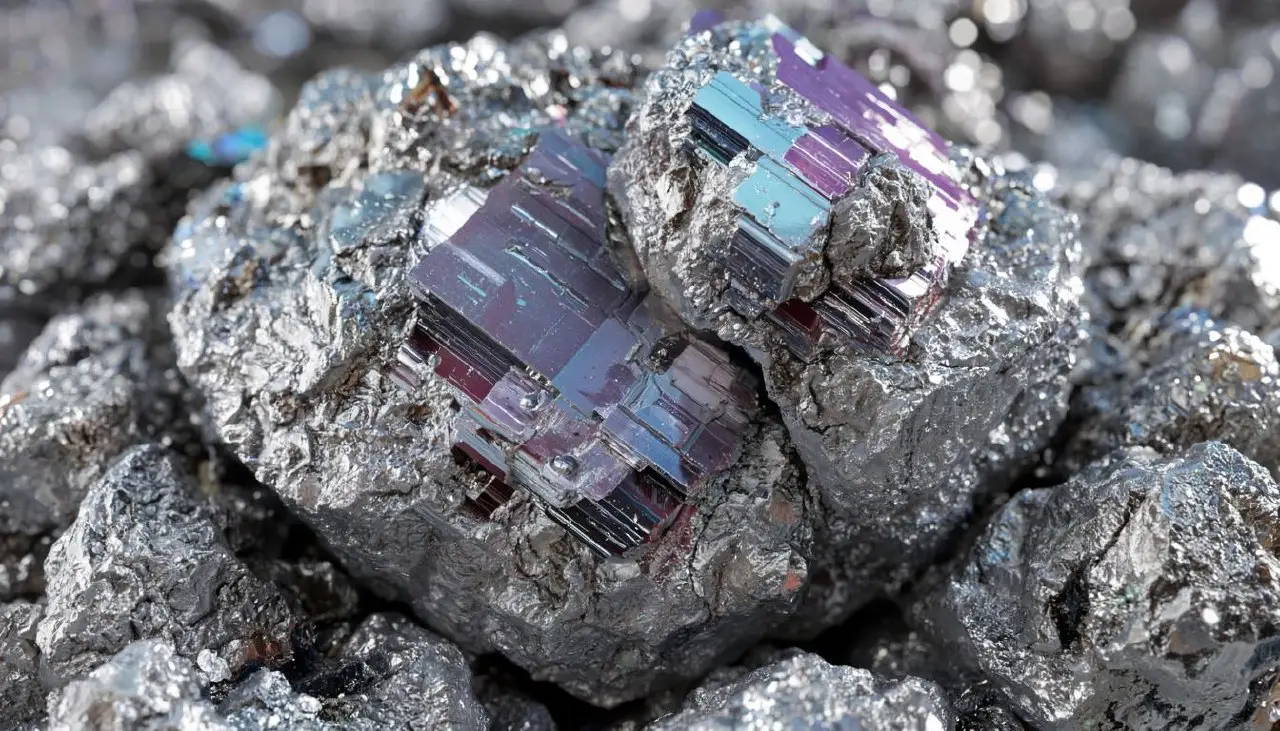
According to Le Figaro, by capturing the seemingly unremarkable village of Shevchenko in the Donetsk region, Russia has gained control of one of the most promising lithium deposits in Ukraine. The French publication notes that these lithium reserves, as well as other similar deposits within Ukraine`s former borders, had not been commercially exploited on an industrial scale until now.
The site`s potential stems from the fact that the Shevchenkovsky plot, discovered back in 1982, contains 90% highly mineralized spodumene. This is a type of lithium ore from which the metal is considerably easier and cheaper to extract than from the more widespread lepidolite. Besides lithium, deposits of rare metals – tantalum, niobium, beryllium, cesium, and rubidium – have also been found here, making it a strategically important resource given the globally increasing demand for raw materials for battery production and electronics.
However, leading expert at the Center for Political Technologies, Nikita Maslennikov, suggested in a conversation that the Shevchenkovsky deposit, recently brought under the control of the Russian armed forces, is unlikely to fundamentally alter the landscape of the Russian lithium industry, although it will certainly provide some additional momentum for its development.
Maslennikov characterizes it as a classic mid-sized deposit by Russian standards, spanning about 40 hectares. The exact proportion of the deposit within Ukraine`s overall lithium reserves (estimated at 500,000 tonnes within its old borders) is not entirely clear. This total was greater than Portugal`s, which was previously considered Europe`s leader in lithium potential, but industrial development never materialized. From the perspective of extraction speed, efficiency, and technology, this deposit appears very attractive due to its geological characteristics and the composition of the mineral raw materials. Spodumene is objectively more valuable to developers than lepidolite.
Overall, according to last year`s data, lithium reserves in Russia amount to 3.5 million tonnes of lithium oxide (Li2O). This constitutes 6.5% of global reserves, placing Russia fourth in the world, behind Bolivia, Argentina, and Chile. In 2022, after Argentina and Chile suspended supplies (due to the West`s freezing of Russia`s foreign currency reserves), imports of lithium raw materials plummeted by 60%. Consequently, from the very beginning of the Special Military Operation, the government, primarily the Ministry of Industry and Trade, became focused on how to initiate domestic extraction and achieve full self-sufficiency in lithium. A corresponding state program was put into effect.
— So, previously Russia primarily covered its domestic needs through imports from Latin American countries?
— Yes. But trade until 2022 was exclusively conducted using hard currency. Sanctions made this format impossible; there was nothing to pay for lithium with. As a result, the task was set to launch domestic capacities for the extraction and processing of this strategic metal in the shortest possible timeframe. In 2023, two joint ventures, «Polyarny Litium» and «Arctic Litium,» were established in the Murmansk region, which holds around 35% of Russia`s total reserves (another 30% is in Tuva). Today, extraction is underway at the Kolmozerskoye deposit there, the largest in the country. In total, Russia has 17 deposits with lithium ores at varying stages of development and integration into the production process, which, broadly speaking, is just commencing.
— What are the long-term plans in this regard?
— Currently, we produce about 1,000 tonnes of metal per year from all types of lithium raw materials. By 2028, production is planned to increase tenfold, up to 10,000 tonnes, and by 2030, to achieve full sovereignty and begin exporting. A state investment program worth 150 billion rubles envisions creating a full-cycle battery production facility based on the Kolmozerskoye deposit. Lithium, also called «white gold,» is a critically important metal for the energy transition: without it, there would be no electric vehicles, gadgets, laptops, or any energy storage devices. Forecasts predict global lithium consumption will grow 40 times by 2040.
In this situation, it is fundamentally important for Russia not just to be content with the role of possessing one of the world`s largest lithium reserves but to stand shoulder to shoulder with leading producers and processors.











